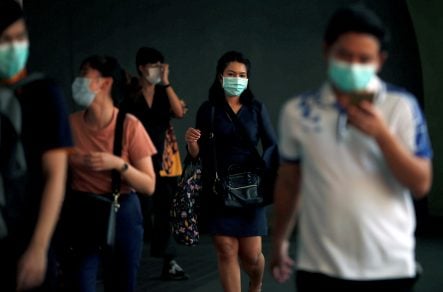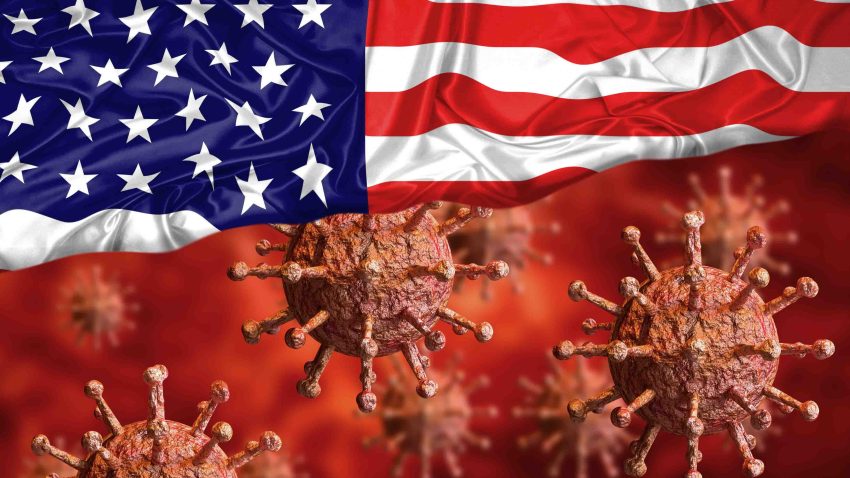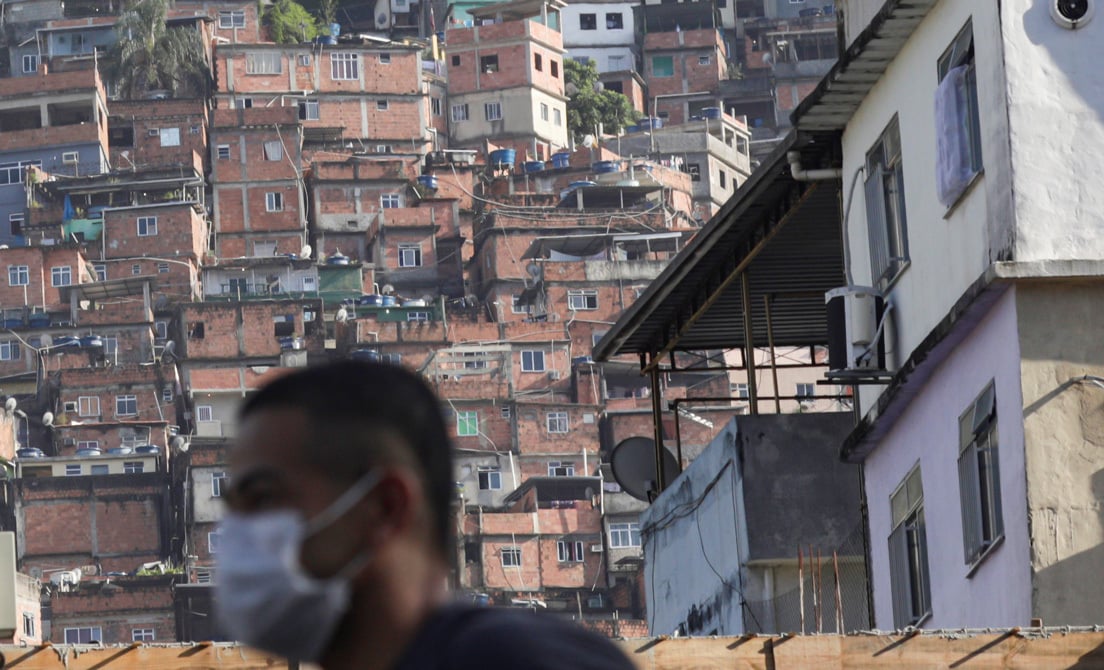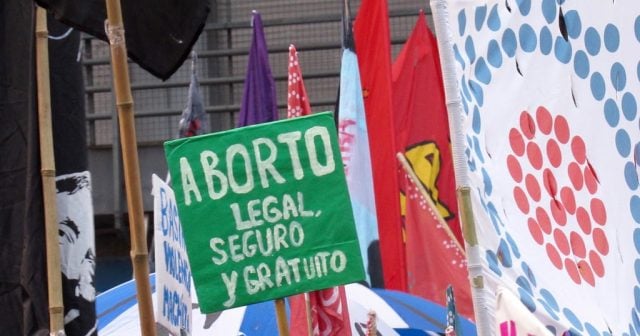The Pan American Health Organization (PAHO) -office in America of the World Health Organization (WHO) – alerted the governments of the region to be cautious when starting to apply some type of measures that seek to make the processes of quarantine and social distancing more flexible that, up to date, have reduced the virulence of the pandemic caused by the COVID-19 coronavirus.
At a press conference held this Tuesday in Washington, United States, where the PAHO headquarters is located, the director of the office, Carissa F. Etienne, highlighted the importance of social distancing measures that are giving societies the opportunity to prepare and respond to the COVID-19 pandemic.
«Social distancing must be accompanied by comprehensive social support measures to ensure that the most vulnerable can comply without severe risk to their livelihoods», said Etienne.
Dr. Etienne also warned that the COVID-19 pandemic «has not yet hit with full force in our region, particularly in Latin America and the Caribbean, and we expect that it will intensify in the coming weeks».
«Certainly, the increase in hospitalizations and deaths that we see in some countries highlights the velocity with which the situation could change in other countries», she added.
The director of PAHO indicated that until Monday, April 13, 644,986 confirmed cases of COVID-19 have been reported in the Americas, with a total of 25,551 deaths.
In this regard, she noted that the third stage of transmission of the pandemic, community contagion, which is the most delicate, «is being reported by an increasing number of countries in North America, Central America, South America and the Caribbean».
Taking distance, the best bet
Social distancing measures «remain our best bet to reduce transmission and slow the spread of the virus in our communities», said Etienne, who made a series of recommendations on this topic to slow the spread of COVID-19.
Etienne acknowledged that «many of the countries in the region have implemented social distancing measures throughout the community, which allow health services to operate within their capacity».
«This is encouraging, but the measures must be maintained for a period of time to be effective», especially – she added – when «after a period of social distancing, any attempt to transition to more flexible measures must be taken with extreme caution».
«Such decisions should always be made based on information regarding disease transmission patterns, COVID-19 testing capabilities, follow-up contacts, availability of beds in hospitals and other objective criteria», she said.
Dr. Etienne also spoke about the need and importance of applying social support measures to ensure that the most vulnerable people can comply with the distancing measures without placing them at serious risk of economic survival.
To do this – she said – governments will require «adequate national and local logistical capacity to guarantee the delivery of medicines, tests, food and other supplies to our populations».
“The implementation of the necessary measures to stop COVID-19 can be disruptive, but if we don’t do it, there will be a risk of prolonging this crisis. Interrupting the recommended social distancing too soon could have the opposite effect, and lead to a second wave of COVID-19 cases, spreading long-term suffering and socio-economic uncertainty in the Region of the Americas», she warned.
PAHO urges to speed up testing
Etienne, as the maximum representative of PAHO, declared that one of the processes in which governments and health authorities must work hard on is in the acceleration of the massive application of tests to diagnose COVID-19, because with these tests the true behavior of the pandemic will be more accurately known.
«We know that the picture is not complete: there is an urgent need for countries to accelerate and expand the tests for a more accurate understanding of the pandemic in the Americas», she said.
In this regard, she warned that at this time it is essential «to act urgently before the storm strikes on most countries, to protect ourselves, our families and our communities».
One of the most important needs, in the short term – Etienne said – is to expand the capacity of intensive care units (ICUs) in the region, since this is where the greatest number of lives can be saved in patients who are strongly attacked by the coronavirus.
In this regard, she stressed, PAHO «is sharing the experience in the provision and management of intensive care with the countries, using the lessons learned from China, Spain and other countries».
Etienne also mentioned that measures to counteract the effects of the pandemic must include long-term actions, so as to be able to plan the post-COVID-19 era.
«In the long term, we need to plan now to ensure that the drugs and vaccines that are being developed are accessible to everyone in our region, especially in the most vulnerable communities», she said.
«Only by implementing the interventions required for each environment, guided by science and solidarity, can we stop, and ultimately break, the spread of COVID-19 in our region. And soon together, in all our countries and within them, we will be able to return, safely, to stand up again», stressed the director of PAHO.













